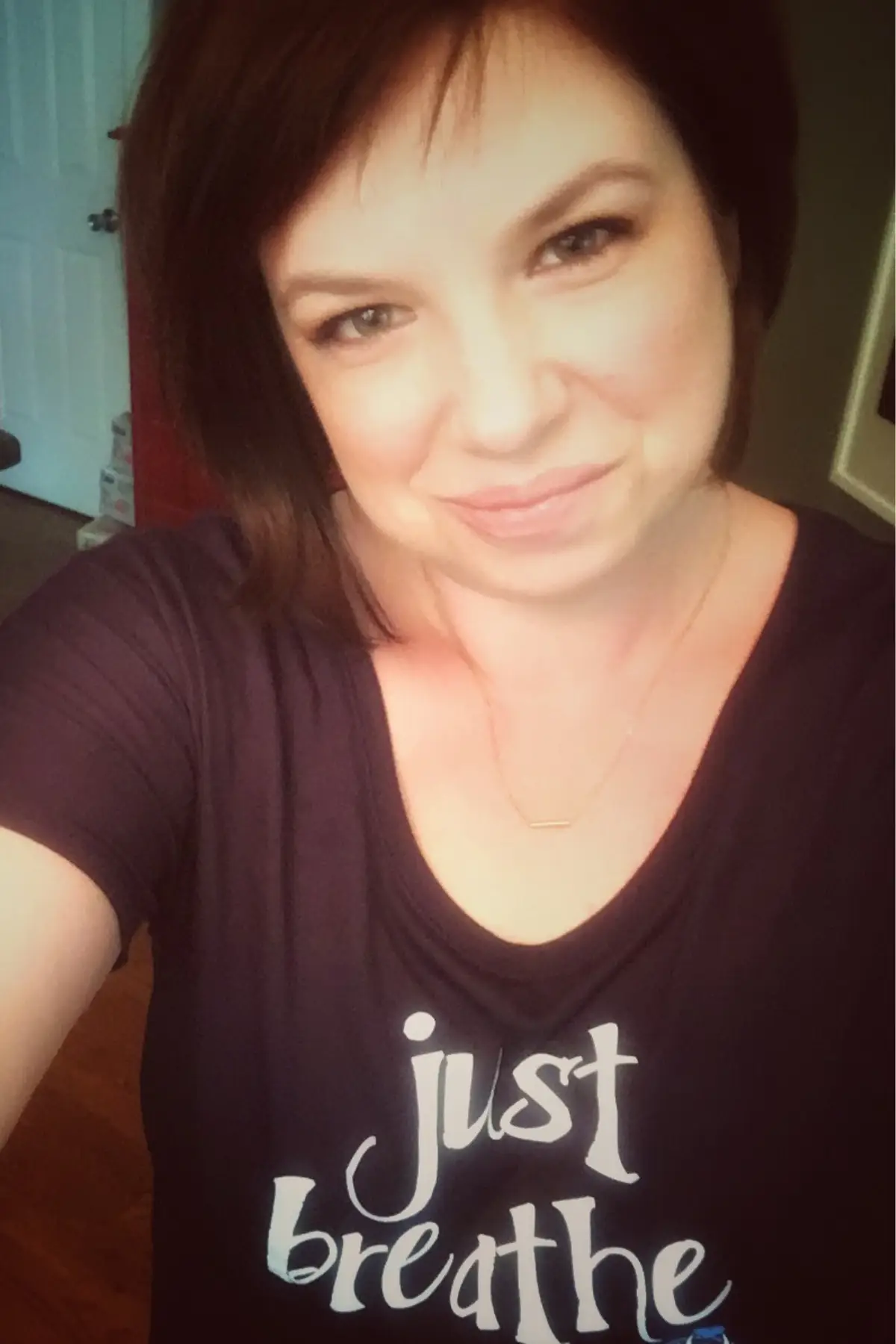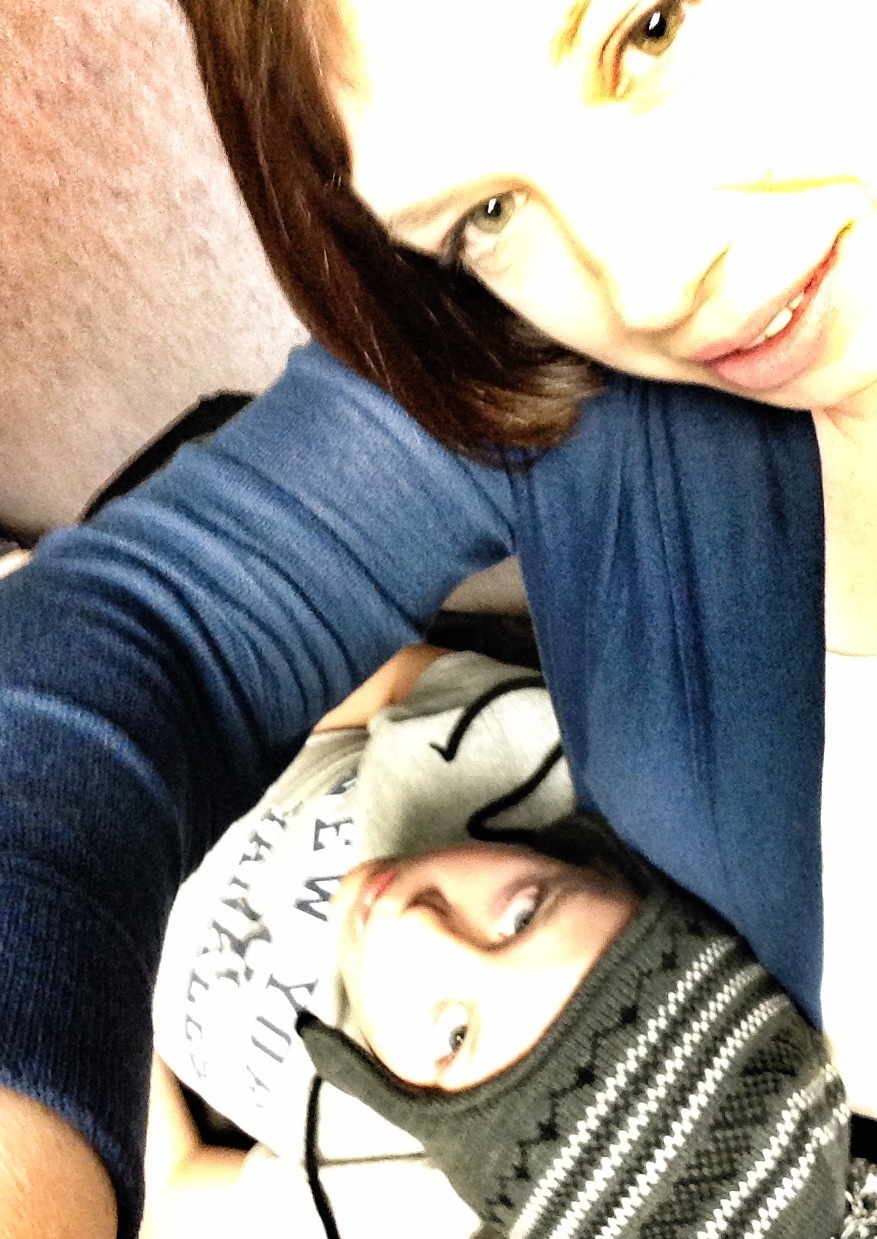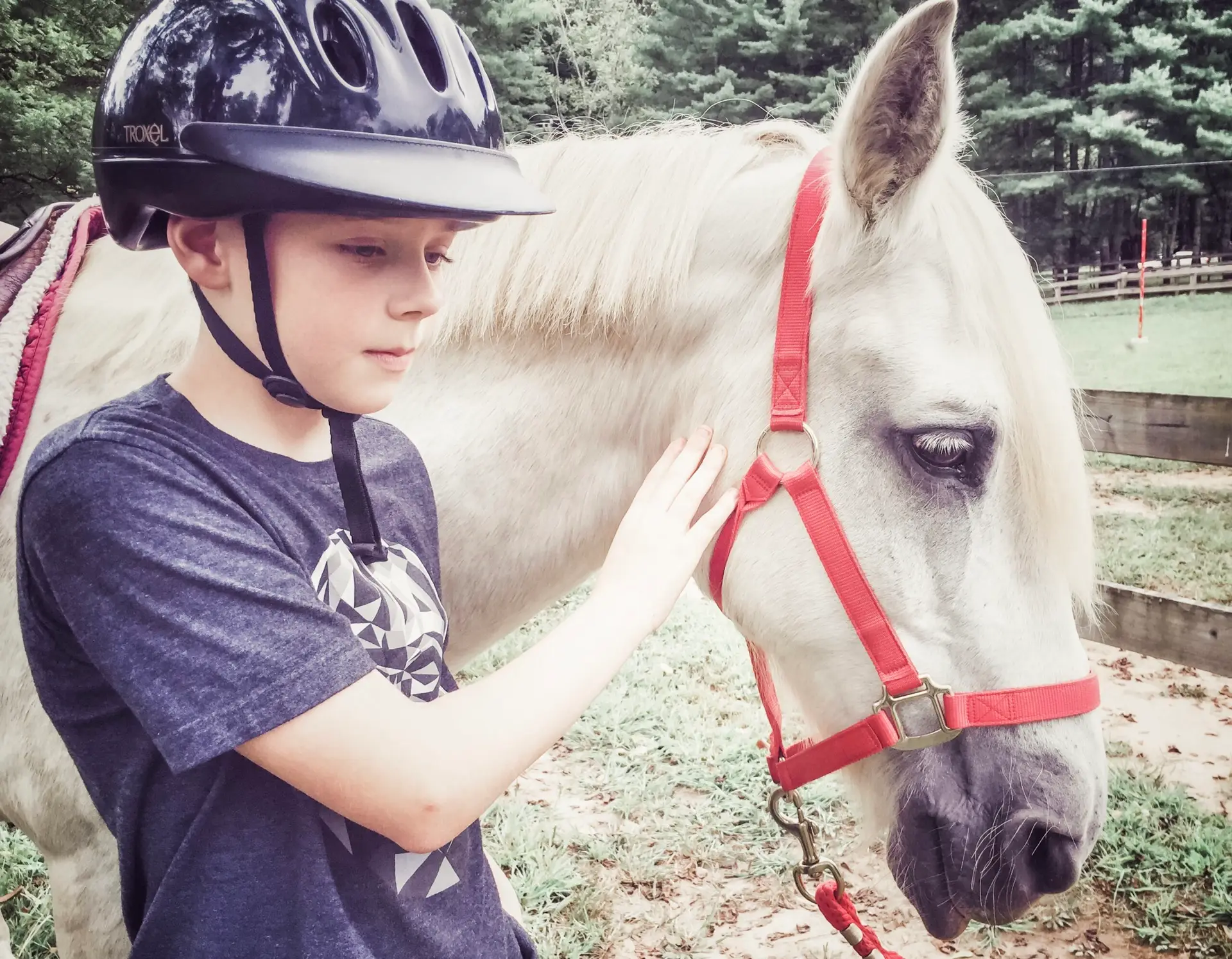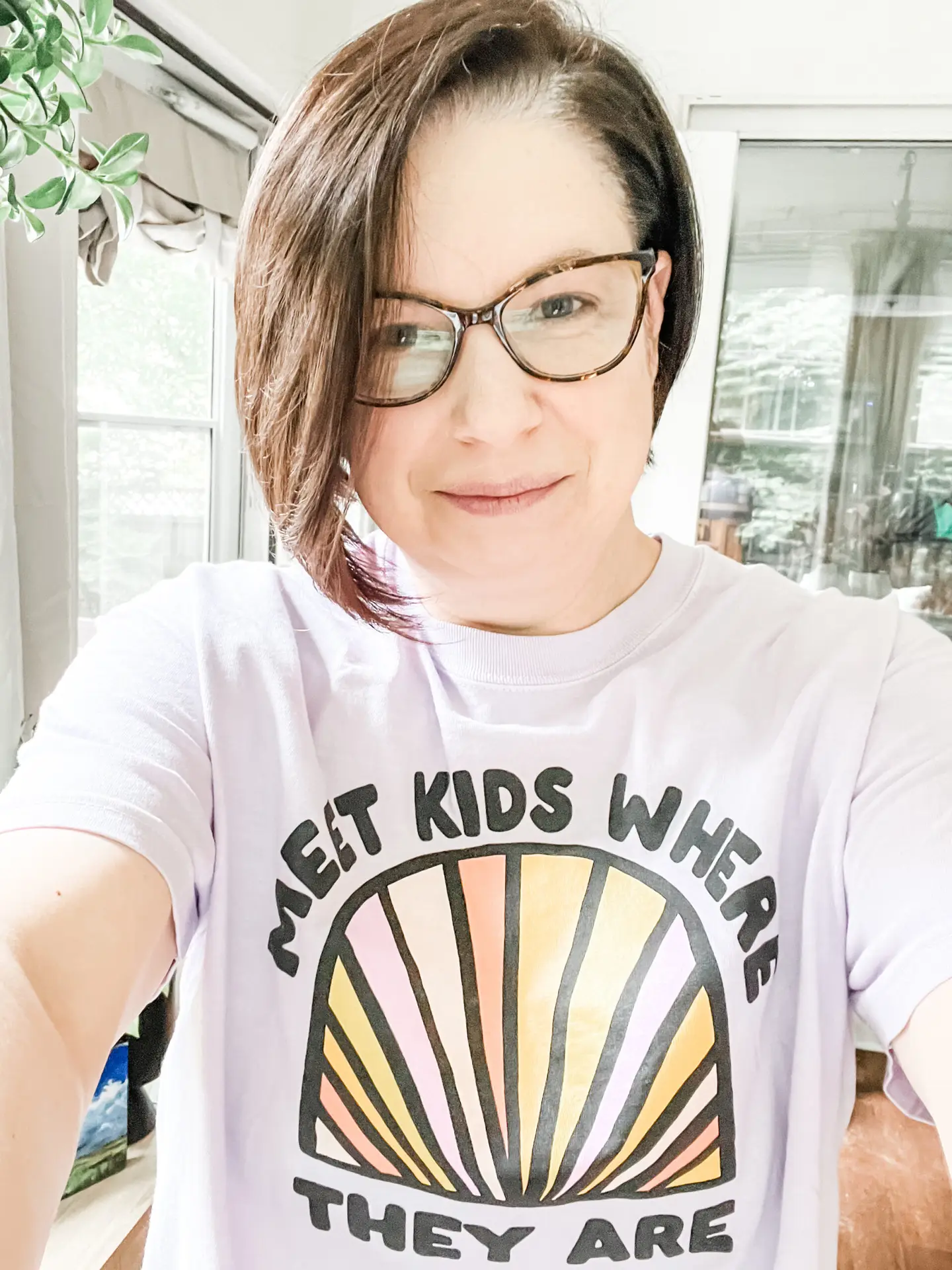Accept that struggle is part of life.
It took me a very long time to accept that my son was going to have some lifelong struggles. I'm a type-A fixer, so I was focused on “fixing” what was creating the struggle… which can't be done. We can't change our kids, and shouldn't want to.
Instead, the caring adults in their lives need to change. We must adapt for the kid we have, while building their skills to they can achieve success and joy and a life that feels authentic to them.
What helped me develop this mindset is this Buddhist saying: “Pain is certain. Suffering is optional.”
Focus on building emotional skills and regulation.
Many neurodivergent kids have a limited view of feelings and emotions, often causing very dramatic displays of emotion that can lack healthy communication skills and coping strategies.
That means two things: we have to make a conscious and consistent effort to (1) model how we handle mistakes, frustration, and other emotions; and (2) teach emotion identification, interoception, and appropriate communication of how one is feeling.
Start by talking about feelings.
Learn about safety and the biology of behavior.
There's more to safety than the absence of physical danger. There's also psychological, emotional, and social safety. When an individual doesn't feel safe in any of those realms, their nervous system fires off warning signals and they become dysregulated. And when a person is dysregulated, they have limited access to the thinking brain, including processing language, executive function, and rational thought. That means that things aren't doable for someone who doesn't feel safe in all aspects. Safety controls doability for your kid.
Your relationship with your kid is vital to their sense of safety, too.
Teach grit and resilience by letting kids struggle sometimes.
I am a reformed HOVERER, (i.e., helicopter parent). For years I truly felt my #1 role as parent was protector — to prevent as much pain and discomfort as I possibly could.
Later, I realized that my kids didn't know how to sit with discomfort because they never had to practice perseverance to develop grit and resilience. By trying to protect them from harm, I was preventing them from being able to navigate the inevitable struggles in life. That was a huge mistake.
























